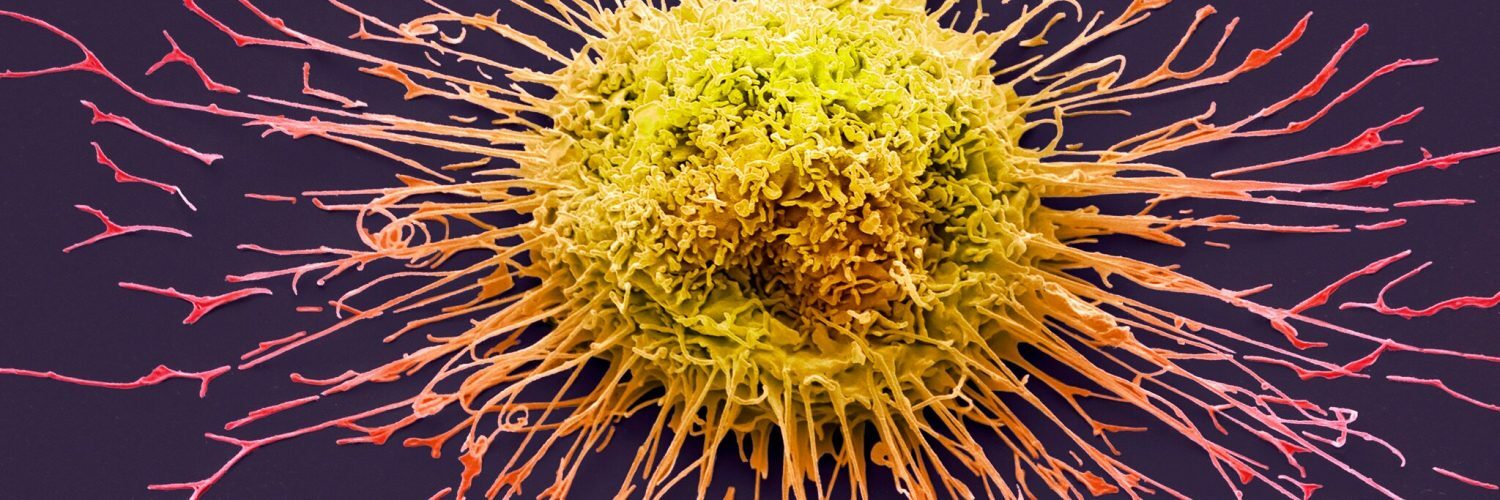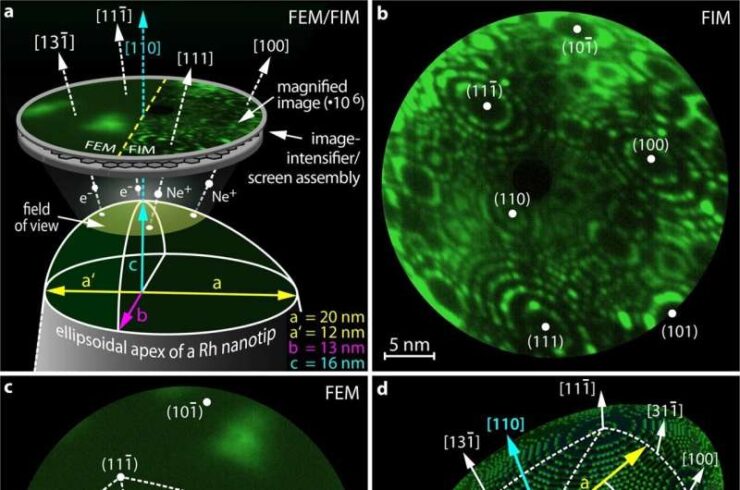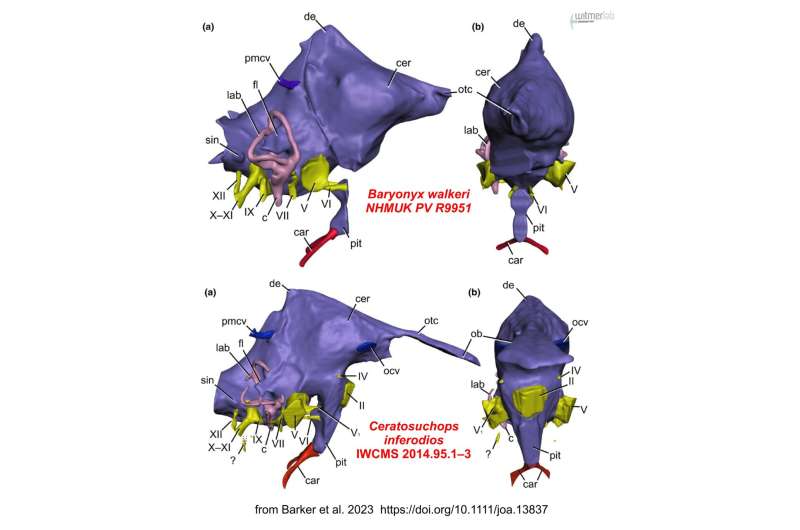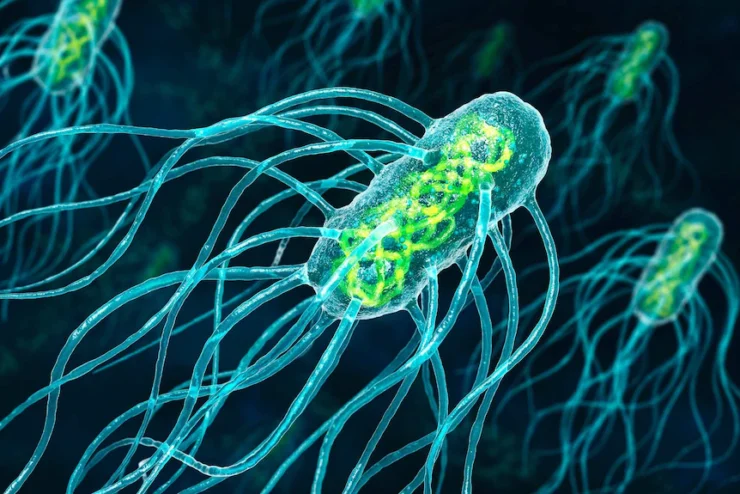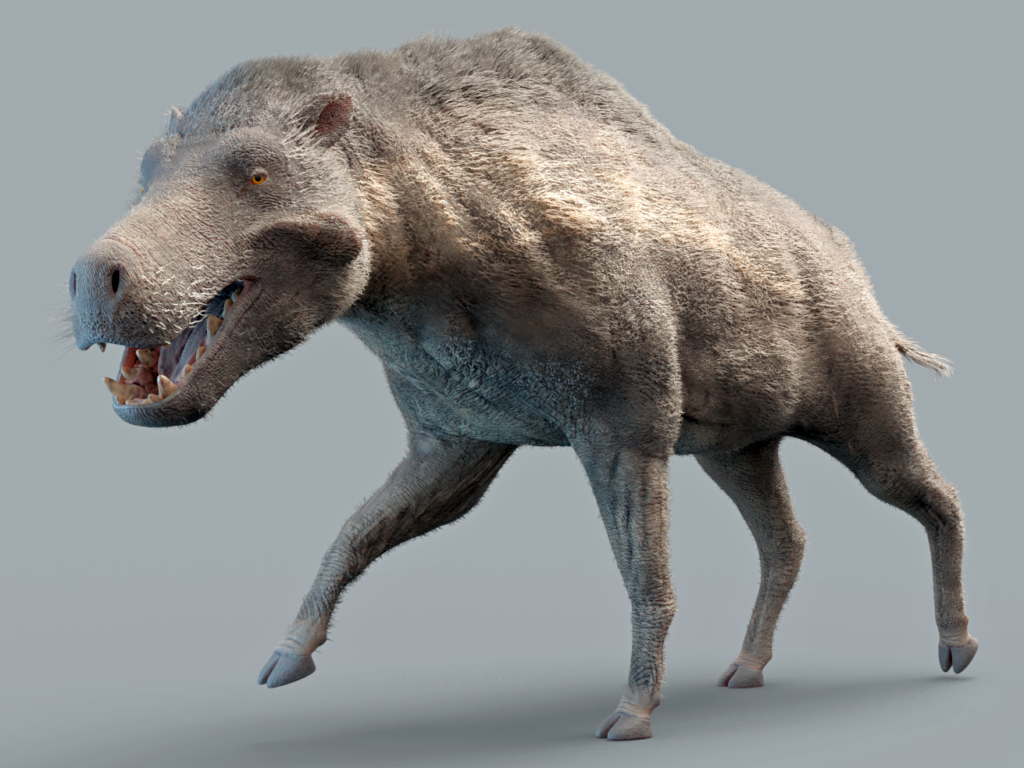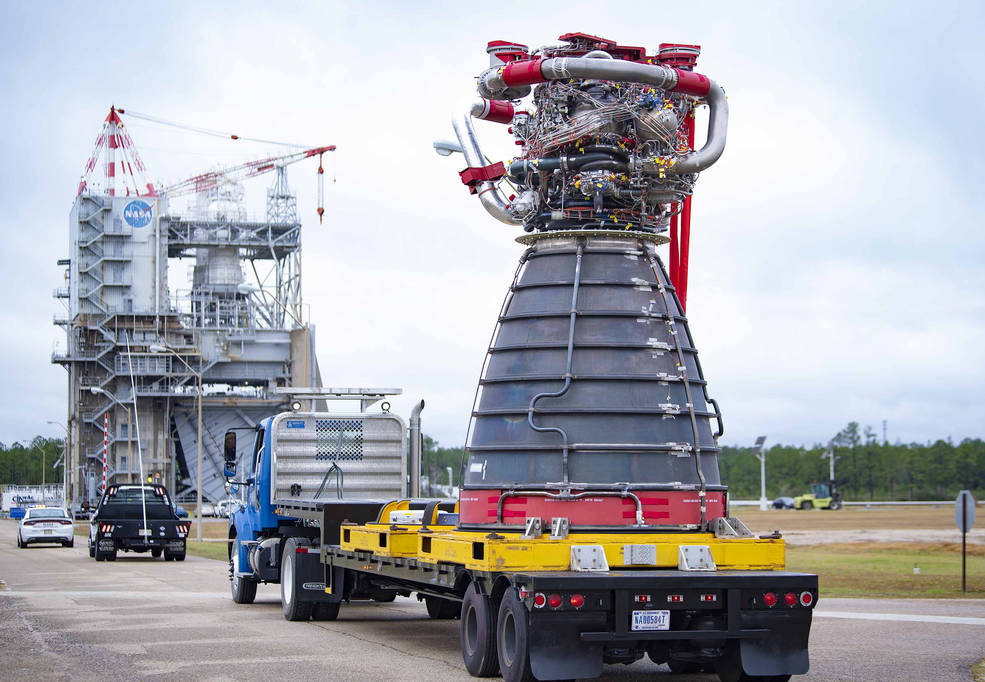How Scientists Shot Down Cancer’s ‘Death Star’
经过40年的努力,研究人员终于成功地关闭了人体中最常见的致癌基因突变之一。这一发现有望改善数以千计的肺癌和结直肠癌患者的治疗,并可能为治疗抗拒治疗的癌症的新一代药物指明方向。
After 40 years of effort, researchers have finally succeeded in switching off one of the most common cancer-causing genetic mutations in the human body. The finding promises to improve treatment for thousands of patients with lung and colorectal cancer, and may point the way to a new generation of drugs for cancers that resist treatment.
这一发现已经导致制药商安进公司推出了一种新的药物——sotorasib。其他公司也紧随其后推出了自己的版本。
The finding has already led to a new medication, sotorasib, by the drugmaker Amgen. Other companies are close behind with their own versions.
安进公司在最常见的肺癌类型——非小细胞癌——的患者身上测试了其药物。每年有22.8万美国人被诊断出这种疾病,而对于大多数处于晚期的患者来说,没有治愈的办法。
Amgen tested its drug in patients with the most common type of lung cancer, called non-small cell cancer. The disease is diagnosed in 228,000 Americans a year, and for most patients in the advanced stages, there is no cure.
这种新药攻击一种致癌突变,即KRAS G12C,这种突变发生在13%的患者身上,他们几乎都是目前或以前的吸烟者。安进公司上周在世界肺癌会议上报告说,Sotorasib使有这种突变的患者的肿瘤明显缩小。
The new drug attacks a cancer-causing mutation, known as KRAS G12C, that occurs in 13 percent of these patients, almost all of whom are current or former smokers. Sotorasib made the cancers shrink significantly in patients with the mutation, Amgen reported last week at the World Conference on Lung Cancer.
Read more at The New York Times

